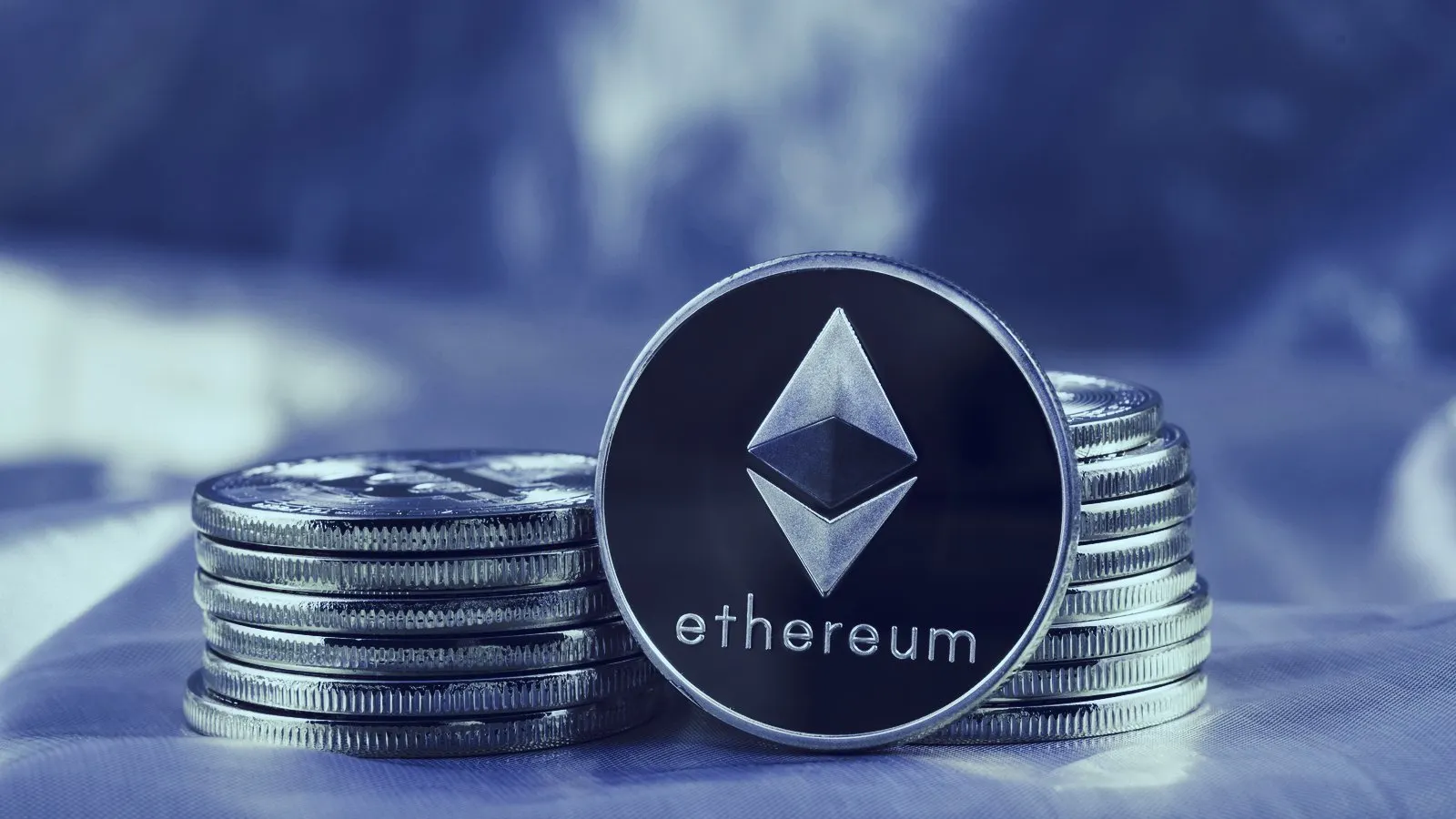In Brief
- Gnosis Safe, a smart contract-based Ethereum wallet, has more than $1 billion in held assets.
- That number is based on the value of all ETH and ERC20 tokens across all contracts.
- Gnosis also powers conditional tokens for predictive markets and runs a DEX.
Ethereum software wallet Gnosis Safe is now holding more than $1 billion in combined ETH and ERC20 tokens for clients, according to the company.
The Gnosis Safe Twitter account shared an image that claims just over $1.08 billion in combined assets, which Gnosis co-founder and product manager Stefan George explained is calculated by tracking the sums of all tokens in addition to ETH and using current pricing information provided by CoinPaprika.
Gnosis Safe uses smart contracts to power its multi-signature wallet solution, which is offered to both individuals and companies alike. Companies, for example, can require a certain number of employees to authorize transactions, while individuals can require signatures from multiple wallets or devices.
According to the product’s website, companies such as Kyber Network, ConsenSys, Synthetix, and ENS use Gnosis Safe. (Disclosure: ConsenSys funds an editorially-independent Decrypt.)
Gnosis Safe is the successor to the original Gnosis Multisig wallet, providing various security upgrades and enhancements. Decrypt reviewed Gnosis Safe in early 2019 and found it useful for those already immersed in the Ethereum ecosystem, but not as handy for the uninitiated. However, the wallet has been continually updated since that time.
It’s not the only smart contract-based Ethereum wallet, either, as competitors such as Argent and Authereum are also on the market. We haven’t seen either of those companies make similar claims as to total respective assets held in smart contracts, although Argent can at least claim the enthusiasm of Ethereum inventor Vitalik Buterin.
The Gibraltar-based Gnosis is known for more than just its multisig wallet. The company also provides the framework for conditional tokens that can be used for prediction markets, such as Omen, and also operates the permissionless Gnosis Protocol decentralized exchange (DEX), which specializes in ring trades.

